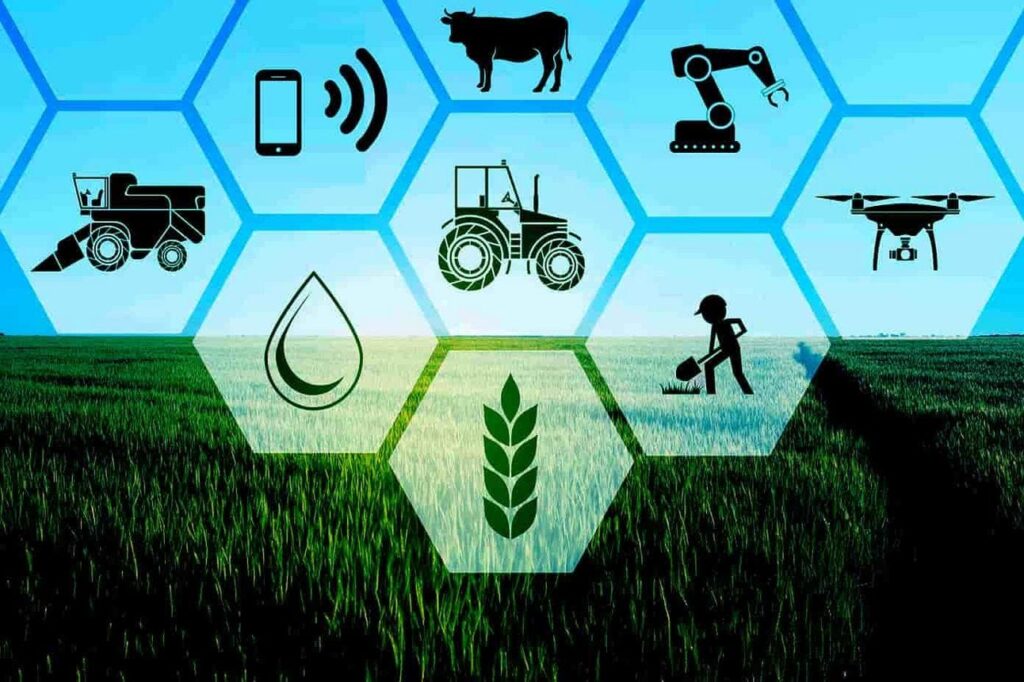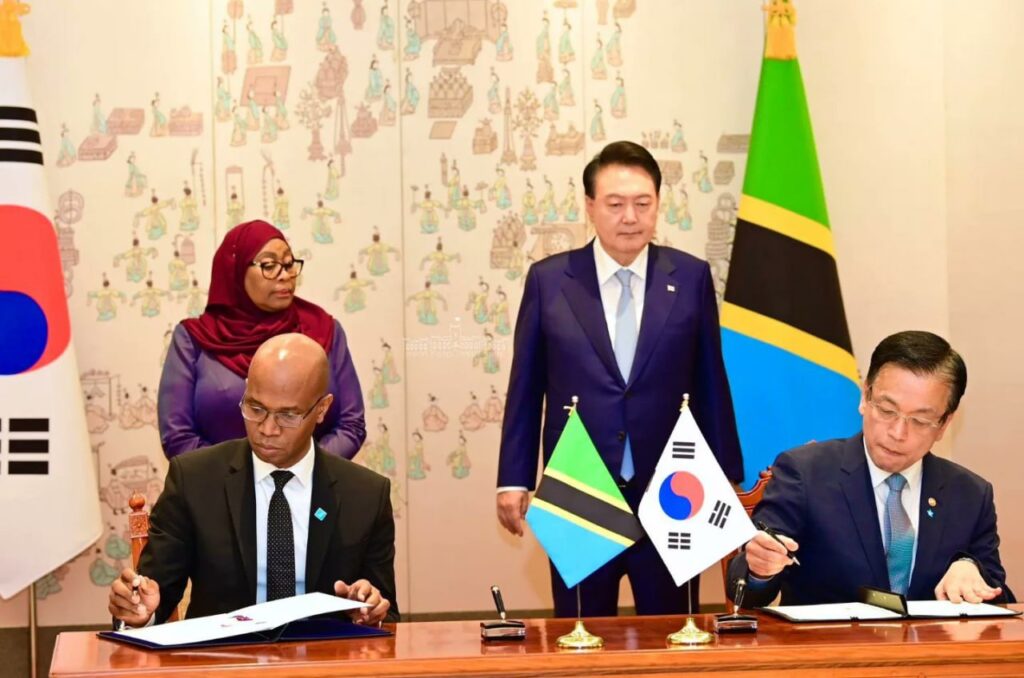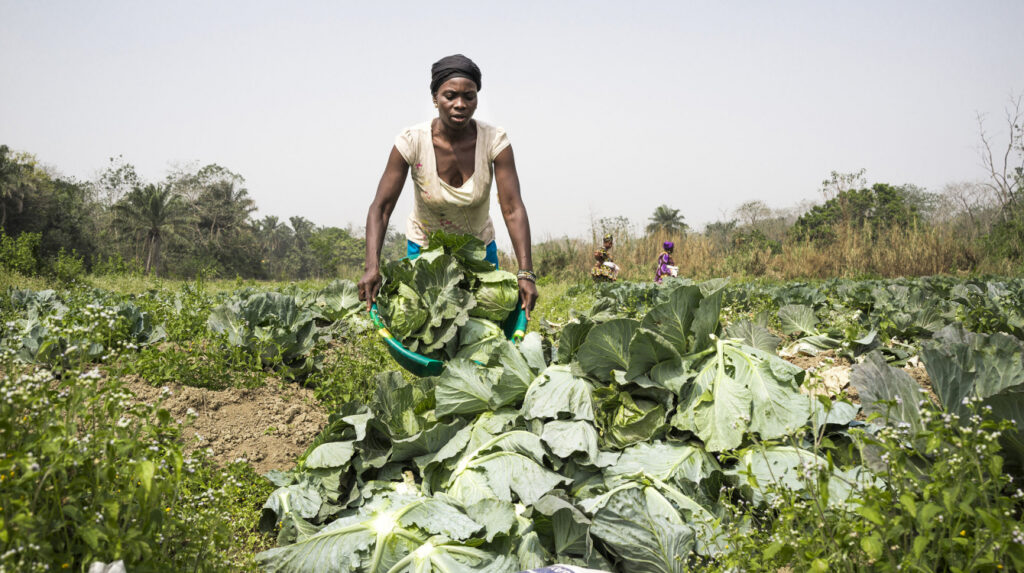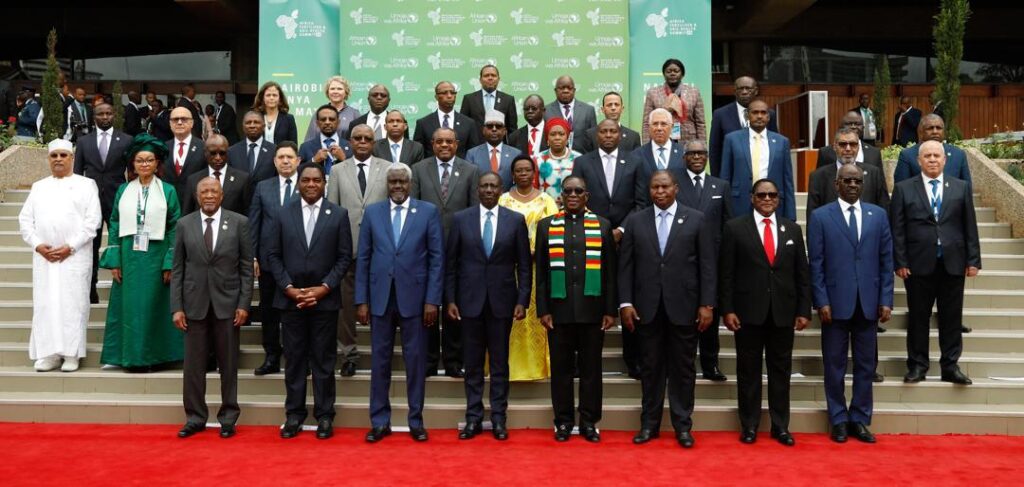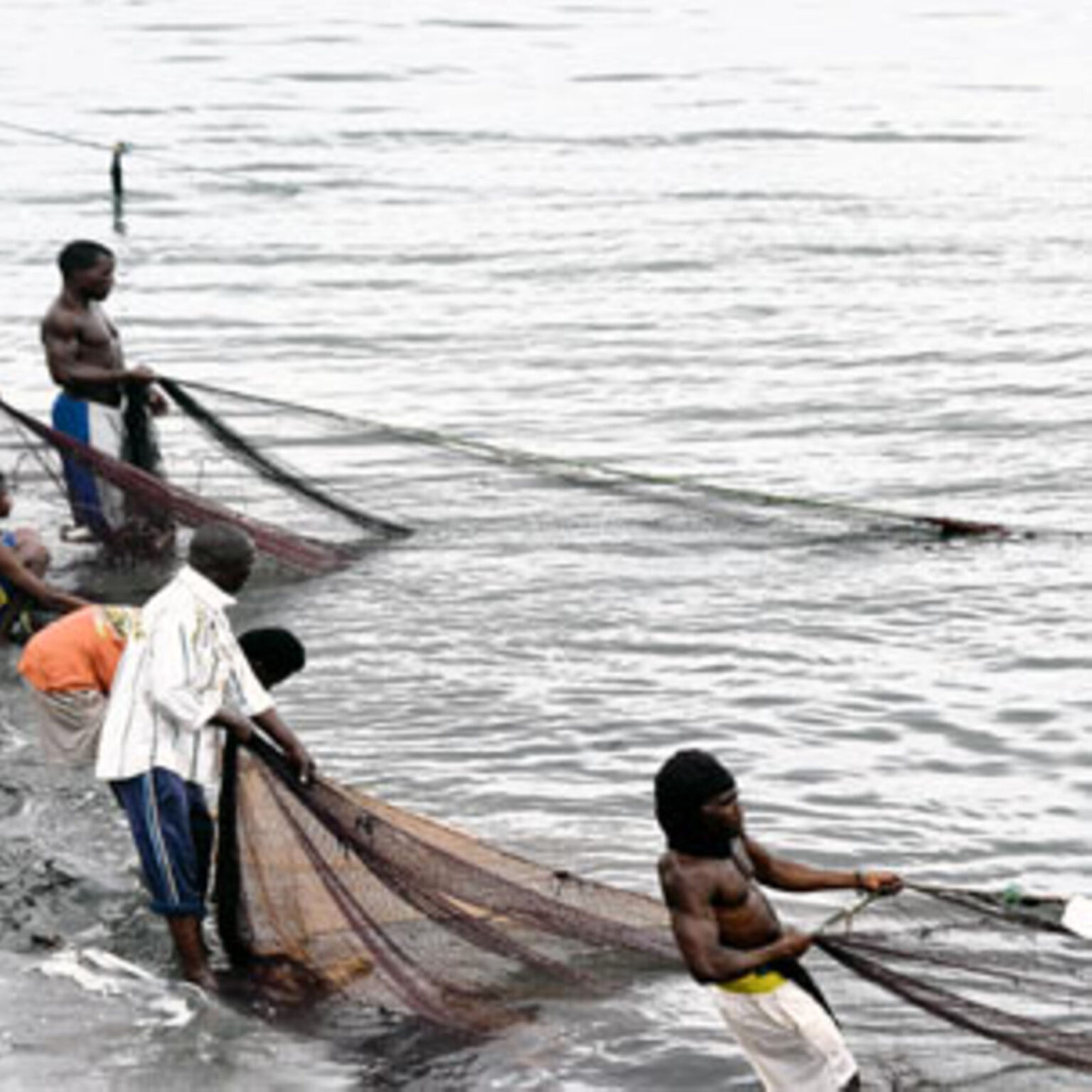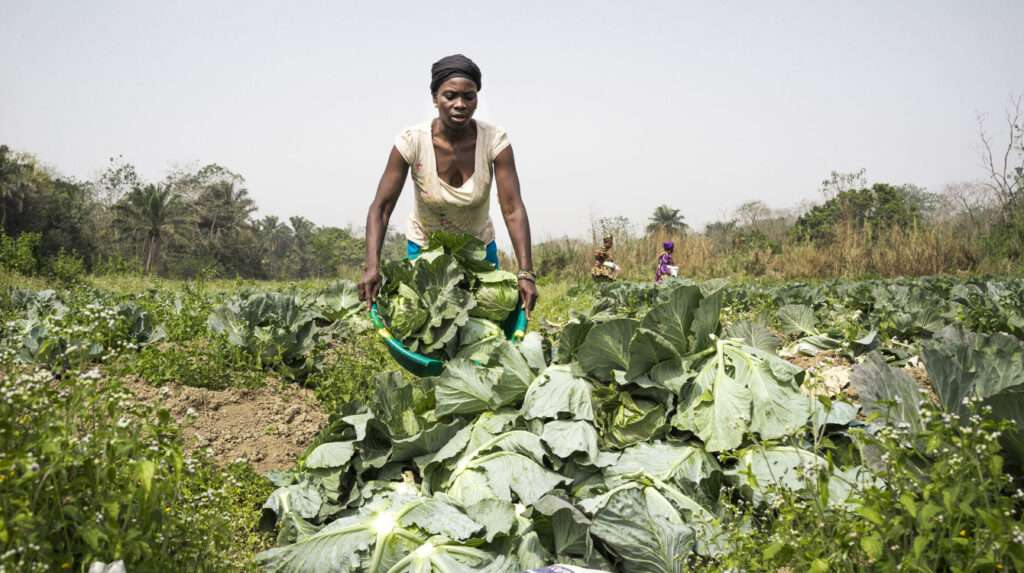- Africa’s new dawn: the rising role of digital and AI in agriculture
- Can Dangote Refinery Transform Africa Energy Ambition
- Gallup Survey: 80 per cent of Kenyan Workers Are Disengaged and Seek New Opportunities
- Madagascar Man Freed from 5KG Tumor After 15-Year Struggle
- How women in Africa are perceived and treated
- Sugar consumption in Kenya to Increase to 1.23 Million Tonnes
- Can Somalia and Turkey Oil deal Bring Change in Somaliland
- Remittances to Kenya dropped to $371.6 million in June, marking a six month low
Author: Giza Mdoe
Giza Mdoe is an experienced journalist with 10 plus years. He's been a Creative Director on various brand awareness campaigns and a former Copy Editor for some of Tanzania's leading newspapers. He's a graduate with a BA in Journalism from the University of San Jose. Contact me at giza.m@mediapix.com
-
- Africa failing to meet the needed sustainable agriculture practices
- Adoption of sustainable agricultural practices remains low across the continent
- Digital development key to agro-development in Africa
Food inflation in Africa
Food inflation in Africa is worsening by the day, with the World Bank reporting that 5 of the World’s top 10 countries with the highest real food inflation rates are African countries.
The World Bank’s May 2024 “Food Security Update” highlights sustainable agriculture importance to Africa’s agri-food systems.
“The tenets of sustainable agriculture entail reconciling environmental and social equity with economic development in order to provide for the present without compromising the ability of future generations to meet their own needs,” reads the report in part.
Analysts suggest that sustainable agriculture practices seem elusive for Africa, given that Africa holds 60 per cent of the World’s arable land. Yet, it cannot feed itself, let alone the rest of the World.…
- Each dollar invested in contraceptive services saves up to $31 in other social services
- Healthier women can pursue careers and contribute to national development
- Policymakers need to think about the connections between women’s health and national development
Women’s economists consider women’s health a key determining factor in national development; women’s health refers to the range of health experiences that affect women uniquely, differently, or disproportionately to men.
“The women’s health gap is the disease burden associated with inequities between women and men in intervention efficacy, care delivery, and data,” explains authors of a recent report by the World Economic Forum.
The McKinsey Health Institute authors the report. It shows that ‘closing the women’s health gap globally could result in better overall health, fewer early deaths, and a boost in the economy.’
“Comparatively, more than half of the women’s health burden reflects conditions that affect women disproportionately or differently, with …
-
- Tanzania, Korea ink USD 2.5bn trade pact, cooperation MoU
- Tanzania President Samia completes 6-day Korean visit
- Tanzania earmarks five regions for the ‘Smart City’ project
Tanzania-Korea relations
Tanzania-Korea relations are growing, with the latter securing a $2.5 billion soft loan from the Economic Development Cooperation Fund (EDCF).
The loan comes on the heels of Tanzania’s President Samia Suluhu Hassan’s state visit to the Republic of Korea.
The Tanzania-Korea loan was subject to criticism surrounding its terms. Still, the government of Tanzania has refuted claims that the loan has a security guarantee clause that may have forced the government to ‘mortgage’ some of the country’s resources.
Chief Government Spokesman Mr. Mobhare Matinyi was forced to elaborate on the loan terms following the ongoing social media buzz about what the spokesperson described as ‘misinformation.’
“The government has not mortgaged anything or any property because this loan does not have any conditions that …
- Climate change will push 132 million people into poverty by 2030.
- CARE has set a 2030 Goal to impact 25 million poor and marginalised people, particularly women and girls.
- According to CARE, as climate change pushes millions more into poverty, strengthening the resilience of the poorest and most marginalised people, especially women and girls, while building their capacities to adapt, should be the main agenda on all policy-making avenues.
Empowering Women in Agriculture to combat climate change
Climate change will push an additional 132 million people into poverty by 2030, most of these will be women. To help address the related challenge, the rights group CARE in Tanzania has launched a women’s empowerment program to combat the effects of climate change in agriculture.
Her Resilience, Our Planet, the six-year project targets women empowerment in the Southern Agricultural Growth Corridor of Tanzania (SAGCOT) clusters.
The project adopts a comprehensive approach to …
-
- Arusha hosts major tourism agents and operators’ summit
- The government earmarks over 170 areas for accommodation facilities
- Tanzania reported tourism receipts of USD 3,368.7 million in 2023
Investments in Tanzania’s tourism sector
Tanzania’s tourism is growing, and to meet this growth, the government has announced some 179 investment sites earmarked for the construction of accommodation facilities.
Announcing the country’s tourism hub of Arusha earlier this week, Deputy Conservation Commissioner of the Ministry of Natural Resources and Tourism, Mr Iman Nkuwi, said the government is committed to attracting local and foreign investors.
- “The government has earmarked several areas for investment in the tourism industry for both local and foreign investors,” he told a host of visiting global travel agents at a high-profile Business-to-Business (B2B) event.This week, Arusha hosted a number of influential global travel and tourism agents and local tour operators. The B2B event was the brainchild of African Queen
- USAID commits $4 million to fertilizer use project in Africa
- OCP Group commits another $3 million to the Rock Phosphate Amendment Project
- African Leaders sign 10-year Action Plan to revive soils through fertilizer application
Africa’s Food Security
Africa’s food security relies on fertilizer access as the answer; the population is exploding, and climate change among other factors affecting food production, will more fertilizer solve this life-threatening puzzle?
The USAID seems to think so, more fertilizer, better-improved fertilizer, more affordable (questionable), all in all, the USAID is proposing fertilizer as a key solution to Africa’s food security.
“In a landmark move for African agricultural advancement, USAID and OCP Group, the world leader in plant nutrition solutions and phosphate-based fertilizers, have partnered to tackle critical barriers hindering Africa’s agricultural potential,” announces a recent press release from USAID.
The announcement comes on the heels of a visit by USAID Administrator Ms. Samantha …
-
- Over 4 million Tanzanians are employed in fisheries, which contribute about 1.4 per cent to the country’s Gross Domestic Product (GDP).
- Tanzania is among Africa’s top 10 fish producers.
- Tanzania will host the Africa Small Scale Fisheries (SSF) Summit.
Tanzania fisheries are an essential revenue generator for the country. According to the Ministry of Agriculture and Fisheries, the fishing sector directly and indirectly provides jobs for over four million Tanzanians. Still, these small-scale fishermen are among the poorest groups in the country.
Tanzania is also reported to be one of the top 10 countries in Africa in capture fish production; however, given its size, colossal coastline, and numerous inland lakes and water bodies, Tanzania is far from reaching its fisheries’ true potential.
The Ministry estimates Tanzania’s coastline to be about 1,242 kilometres long, extending from the North bordering Kenya to the South bordering Mozambique. The country also has a territorial
- Africa must invest in human development to catch up to the Fourth Industrial Revolution (4IR).
- There is a need for policy commitment to developing Africa’s human resources.
- Investing in education is the only way Africa will catch up to the 4IR.
With the majority of its workforce unskilled, Africa is again left behind. At the same time, the rest of the World moves forth in the fourth Industrial Revolution (4IR).“African countries must support skills training and put in place the right policies to tap the benefits of the fourth Industrial Revolution,” advises Raymond Gilpin.
The economist believes that by investing in its most significant resource, Africa can strategically catch up with the Fourth Industrial Revolution (4IR).It requires dedicated policymaking focused on raising a generation of skilled labour capable of participating in and innovating digital revolutions in all sectors. By investing in transforming its human skills, Africa can …
- Zanzibar invests in improving Isle’s aviation industry as President Hussein Mwinyi commends expansion works at AAKIA
- Construction underway to improve efficiency at Terminal 3 AAKIA
- Zanzibar’s AAKIA recognized for winning international Award
Aviation industry and tourism in Zanzibar
Aviation industry is the bedrock of the tourism sector in Zanzibar, it is dependent on a successful airline industry, and as a tourism destination having frequent flights from top international airlines is the key to growth.
As an archipelago off the coast of Tanzania, Zanzibar is made up of three main islands, that is; Zanzibar, Pemba, and Mafia Island.
To strategically grow its tourism sector, all three islands have their airport, the largest and busiest is the Zanzibar Abeid Amani Karume Airport. The airport is named after Abeid Amani Karume, the island’s first president.
Zanzibar is working on the construction of a new passenger Terminal building (Terminal 3) at the Abeid …
- Imaginative agriculture concepts are essential to sustainable food production
- Women and youth are the most affected by climate change’s effects on agriculture
- Canada commits 20 million dollars to support smart agriculture in Tanzania
Smart agriculture is the only sustainable solution to food security and economic growth through commercial agriculture in Tanzania.
However, in Tanzania, economic losses from climate change impacts on agriculture are estimated to exceed $200 million yearly.
“The adoption of climate-smart agriculture (CSA) practices gives an opportunity to minimise such losses, create resilience in the agriculture sector, maximise productivity and farmer incomes, and contribute to climate change mitigation,” notes the World Bank.
Further still, if Tanzania is to adopt climate-smart agriculture, its focus must be on the livestock sub-sector, which is estimated to contribute the most to greenhouse gas emissions.
According to the World Bank, an increased focus on developing livestock-based programs is needed to support the country’s …





